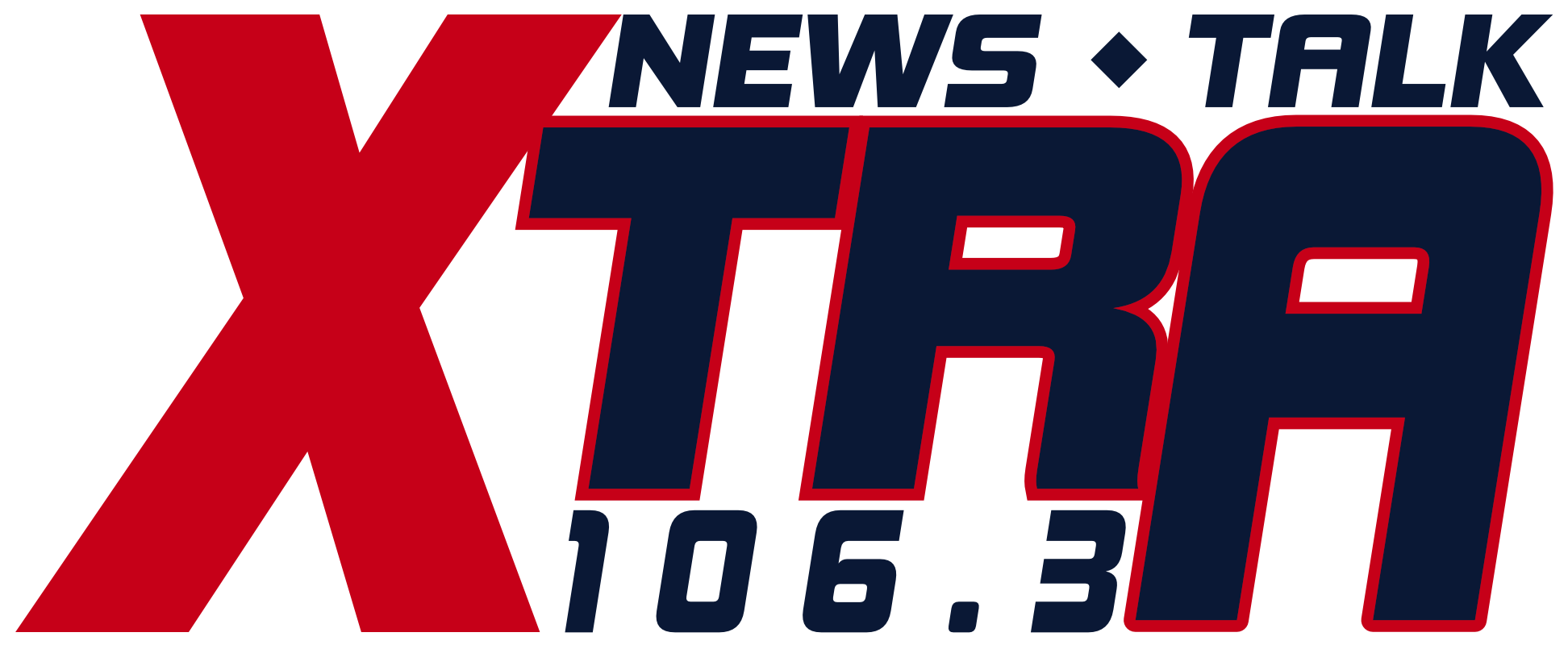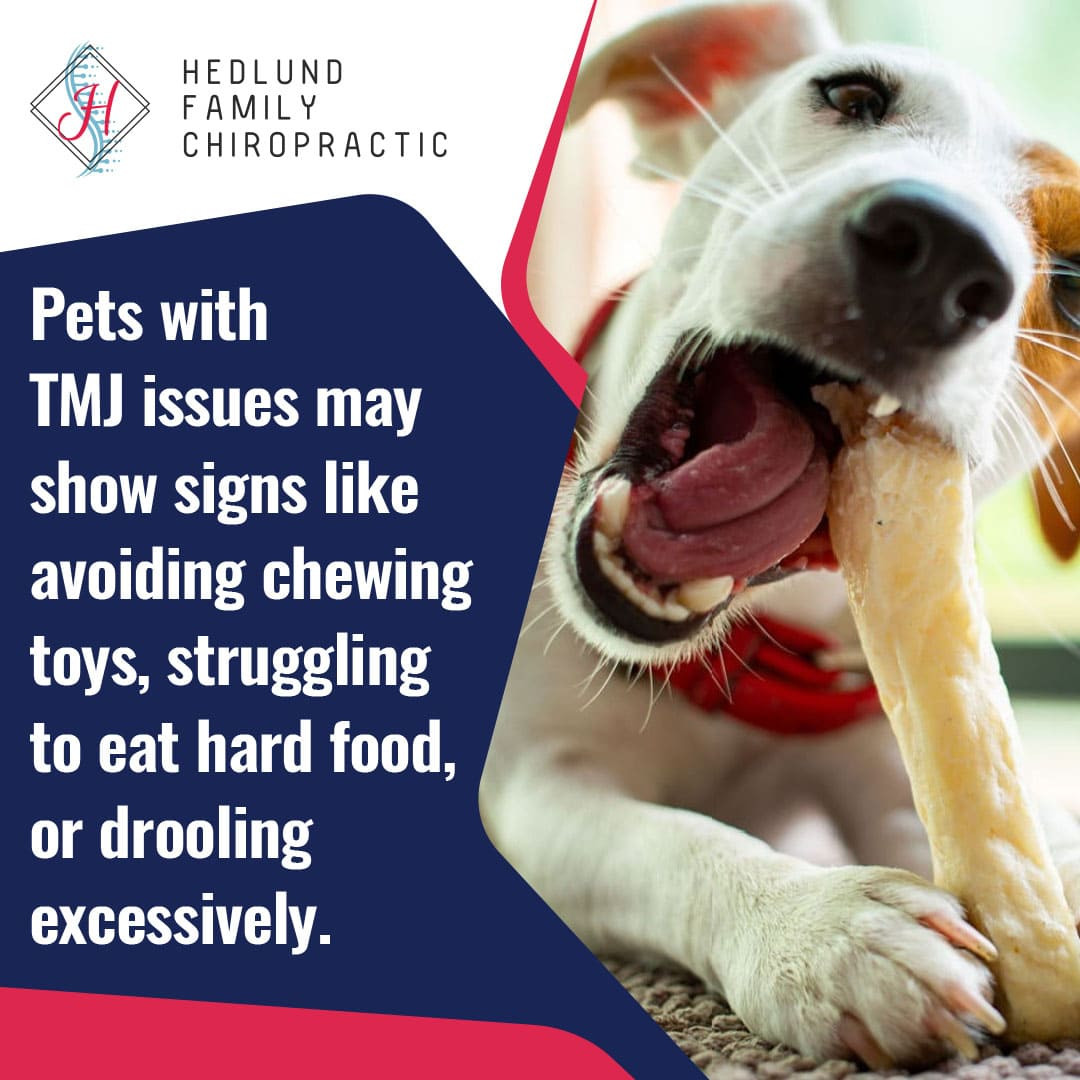Collinsville, OK — Many pet owners may not realize their animals can suffer from jaw problems just like humans. These conditions often go unnoticed until pets show changes in eating habits or behavior. Recognizing these signs early and seeking specialized care can help prevent chronic discomfort. Hedlund Family Chiropractic in Collinsville, Oklahoma, offers gentle, non-invasive solutions that focus on restoring jaw movement and improving pets’ quality of life.
How a Chiropractor for Animals Helps Pets with TMJ Disorders
Temporomandibular joint (TMJ) disorders in pets can lead to pain, frustration, and changes in behavior. At Hedlund Family Chiropractic in Collinsville, Oklahoma, Dr. Justin Hedlund, an experienced chiropractor, treats all of Northeast Oklahoma, providing gentle care for animals suffering from jaw pain. Many pet owners might not realize their companions can develop TMJ problems, but a skilled animal chiropractor can identify and treat these conditions to restore comfort and function.
Pets with TMJ issues may show signs like avoiding chewing toys, struggling to eat hard food, or drooling excessively. Physical signs might include swelling near the jaw, popping sounds during eating, or a limited ability to open their mouth. Recognizing these early can help prevent more serious complications and keep pets healthy.
Affordable Chiropractor Options for Animal TMJ Care
Cost can be a concern for many pet owners seeking treatment. Hedlund Family Chiropractic offers affordable chiropractor services so that more animals can get help when they need it. Treatment sessions often cost between $40 and $85, depending on the pet’s size and condition. By making animal chiropractic care more accessible, the clinic supports early treatment, which can reduce the need for more expensive or invasive procedures later.
Early care often leads to better results. Pets who receive timely treatment may recover jaw mobility faster, maintain healthier eating habits, and enjoy a better overall quality of life.
Understanding Jaw Pain and TMJ Disorders in Pets
The temporomandibular joint connects the jaw to the skull and allows for essential movements like chewing and yawning. Injuries, arthritis, or congenital disabilities can lead to TMJ disorders in pets, causing pain and limited movement. Since animals cannot explain their discomfort, pet owners should watch for signs like favoring one side of the mouth, irritability, or refusing harder foods.
Dr. Hedlund explains that many TMJ issues develop after an animal changes its movement due to injuries elsewhere in the body. Addressing these patterns through chiropractic care can help relieve jaw strain and restore natural function.
Non-Invasive Treatment for TMJ Issues
Animal chiropractic care focuses on gentle adjustments rather than medication or surgery. Techniques involve light pressure to realign joints and reduce inflammation. These methods are adapted for each animal, ensuring comfort during treatment. Many pets start showing improvement after a few visits, which helps them eat better and feel less discomfort.
The non-invasive approach also avoids side effects that can come with long-term medication. This makes it a safe choice for young, senior, or sensitive animals.
Why Choose a Chiropractor for Animals Over Traditional Treatments?
Traditional treatments for TMJ problems in animals often rely on pain medication or surgery. While these can help manage symptoms, they might not address underlying joint dysfunction. Chiropractic care provides an alternative that can improve jaw alignment and overall posture, offering more complete relief.
Chiropractic care can also complement veterinary treatments. By working together, veterinarians and animal chiropractors can develop the best care plans for each animal. This combined approach supports both immediate relief and long-term health.
How Animal Chiropractic Care Supports Overall Pet Health
Jaw issues often affect more than just chewing. Misaligned jaws can change the way pets move, leading to stiffness or pain in other parts of the body. Chiropractors for animals understand these connections and treat the whole animal rather than just focusing on the jaw.
This approach often helps pets regain energy, move more freely, and even show improved behavior. Pet owners frequently notice their animals playing more, eating with less hesitation, and appearing happier overall.
TMJ Care for Different Animals: Dogs, Horses, and More
At Hedlund Family Chiropractic, animal chiropractic services cover a variety of pets. Dogs are common patients, especially active breeds or those prone to injuries. Signs in dogs can include reluctance to chew, pawing at the jaw, or a tilted head while eating.
Large animals like horses and cattle can also benefit from chiropractic care for TMJ issues. Symptoms in larger animals may include difficulty with biting, changes in eating habits, or head tossing. Dr. Hedlund uses specialized techniques tailored for each animal’s needs to help restore jaw health and reduce discomfort.
Tips for Pet Owners to Prevent Jaw Pain
Pet owners can support jaw health by feeding balanced diets and avoiding excessively hard treats that could damage the TMJ joint. Regular dental care and check-ups also help catch early signs of TMJ problems. Watching for subtle signs, like changes in eating speed or avoidance of toys, is important for early detection.
Safe play and supervision can further reduce the risk of jaw injuries. Choosing chewing toys that are firm but not rock-hard helps protect the jaw while supporting dental health.
Hedlund Family Chiropractic: The Most Trusted Chiropractor for Your Pets
If your pet shows signs of jaw pain or TMJ issues, seeking help early can make a big difference. Hedlund Family Chiropractic offers gentle, affordable chiropractor services to help pets in Collinsville and nearby areas. Treatment plans are customized for each animal, focusing on restoring comfort and function.
Pet owners interested in learning more can contact the clinic to schedule an assessment and start their companion’s journey to better health.





